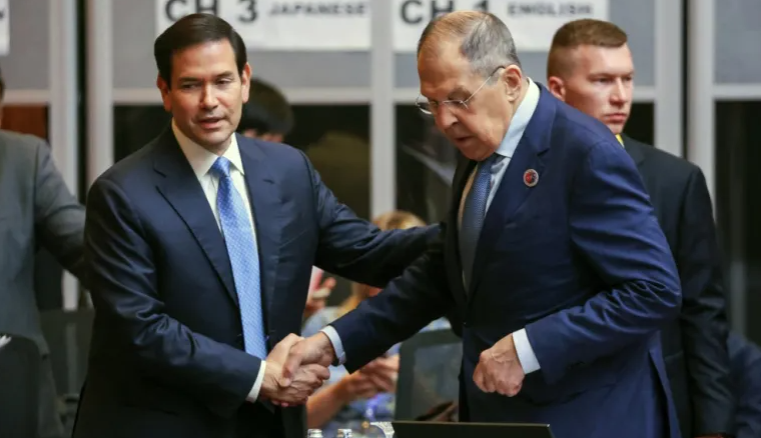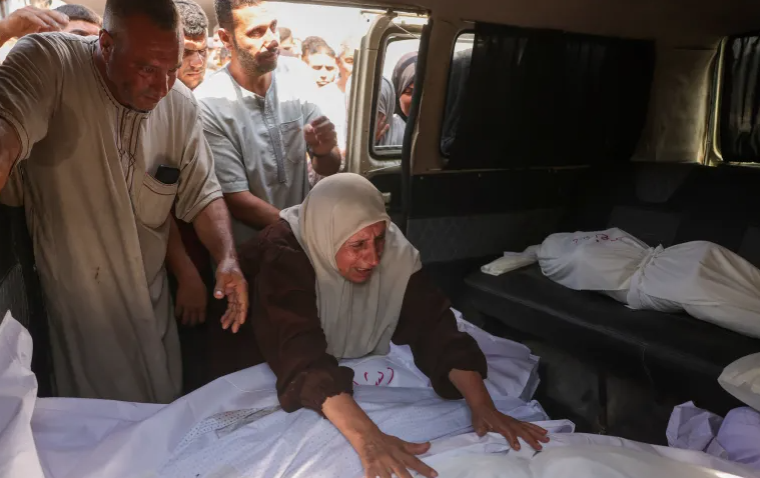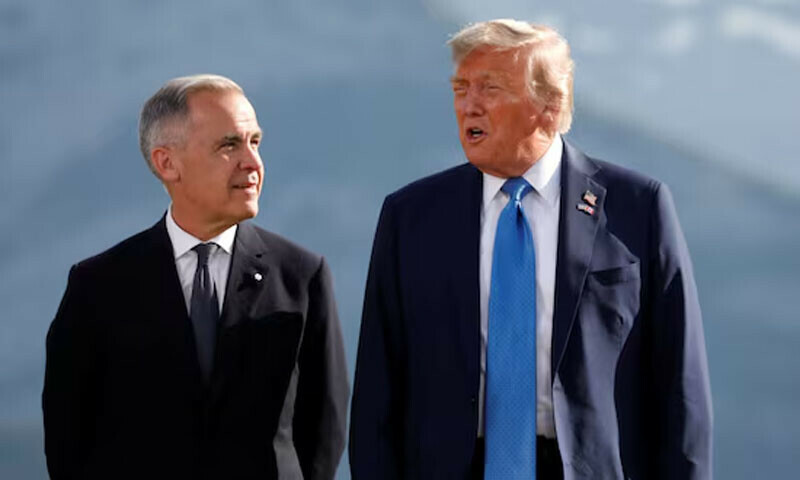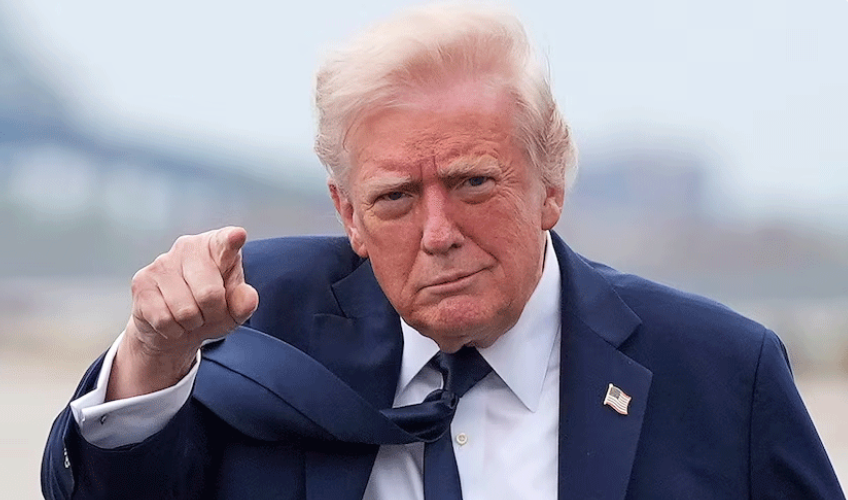WORLD NEWS

Russian Foreign Minister Sergey Lavrov and US Secretary of State Marco Rubio met twice this week on the sidelines of the ASEAN Foreign Ministers’ Meeting in Kuala Lumpur, with the war in Ukraine taking center stage in their discussions.
The two top diplomats first held a 50-minute meeting on Thursday, followed by a second informal exchange on Friday. The talks come amid escalating global tensions and limited direct contact between Washington and Moscow in recent months.
While both sides remained guarded, Rubio signaled a possible “new and different approach” to peace efforts in Ukraine, noting that the concept would be discussed further with President Donald Trump.
“I wouldn’t characterize it as something that guarantees peace,” Rubio told reporters. “But it’s a concept that I’ll take back to the president.”
Lavrov confirmed that he had outlined Russia’s latest position on Ukraine, referencing President Putin’s conversation with Trump on July 3.
“We confirmed the position that President Putin had outlined,” Lavrov told Russian media. “It was a substantive and frank exchange.”
The Russian Foreign Ministry said other topics discussed included Iran, Syria, and broader global challenges, adding that both sides left open the door for continued dialogue.
US-Russia Ties: Still in Play?
Despite deteriorating relations since Russia’s 2022 invasion of Ukraine, Deputy Foreign Minister Sergey Ryabkov downplayed concerns about further breakdowns in bilateral ties.
“We don’t dramatize over this,” Ryabkov told RIA news agency, calling the US administration’s stance “zigzag” but not terminal. He indicated that new talks on bilateral issues could happen before the end of summer.
Rubio, who is making his first official visit to Asia as Secretary of State, emphasized that the fact the two sides were speaking at all was “a start.”
“Much depends on what comes next,” he added.
US-China Meeting Also Takes Place
In another high-level meeting, Rubio also sat down with Chinese Foreign Minister Wang Yi. The discussion focused on trade tensions, supply chain dynamics, and the Indo-Pacific strategy. Rubio described the talks as “very constructive,” while acknowledging major disagreements persist.
According to China’s Foreign Ministry, Wang urged the US to adopt an “objective, rational and pragmatic attitude” and called for peaceful coexistence. Both sides reportedly agreed to manage tensions and expand cooperation.
Speculation is mounting about a potential meeting between President Trump and Chinese President Xi Jinping, though no date has been confirmed.
Trade Tensions Cast a Shadow
While the diplomatic engagements at the ASEAN summit offered a glimmer of dialogue, Trump’s aggressive tariff policy continues to provoke concern. A new round of sweeping US tariffs—ranging from 25% to over 100%—is set to take effect on August 1, affecting ASEAN nations, Japan, South Korea, and China.
Beijing has warned of retaliation if excluded from global supply chains or trade negotiations.
In a joint communique, ASEAN foreign ministers expressed alarm over escalating trade tensions and stressed the need for a transparent, inclusive, and fair multilateral trading system.
“We reaffirmed our commitment to work constructively with all partners to this end,” ASEAN leaders said.
As Washington recalibrates its Indo-Pacific posture and seeks to counterbalance Beijing’s influence, the outcome of these Lavrov–Rubio talks and broader regional diplomacy could set the tone for global security and economic realignments in the months ahead.




